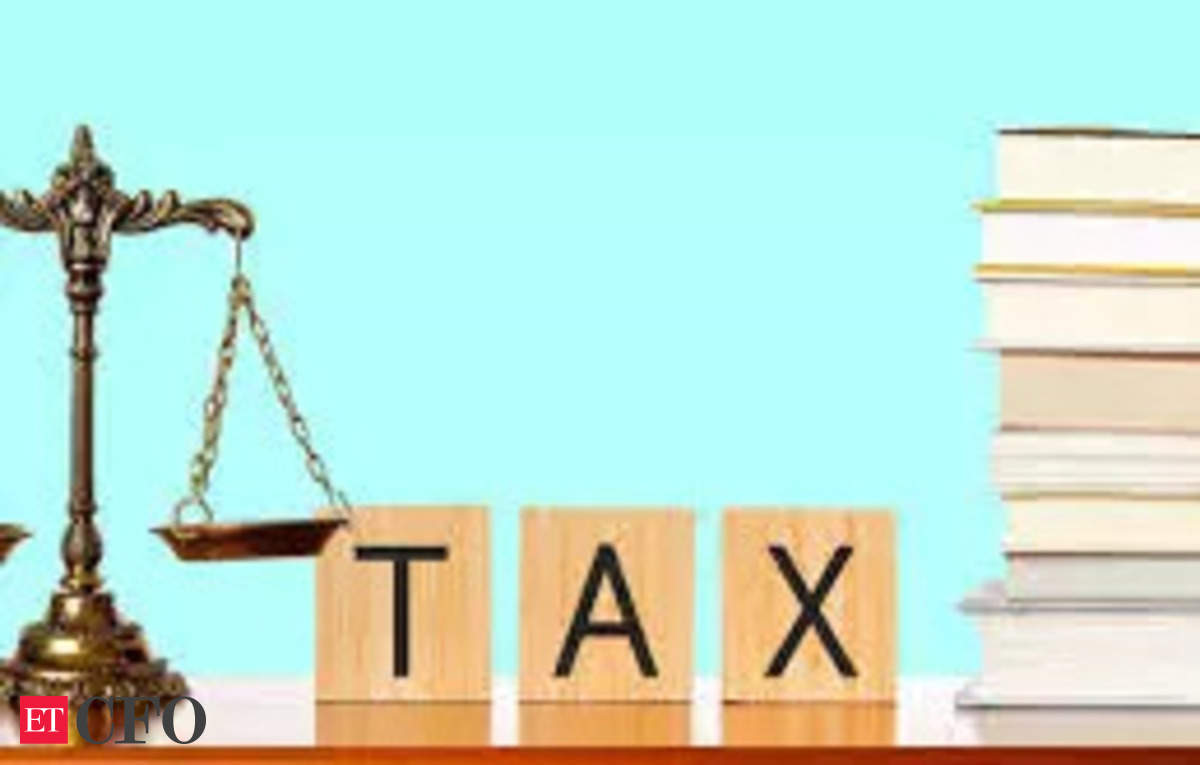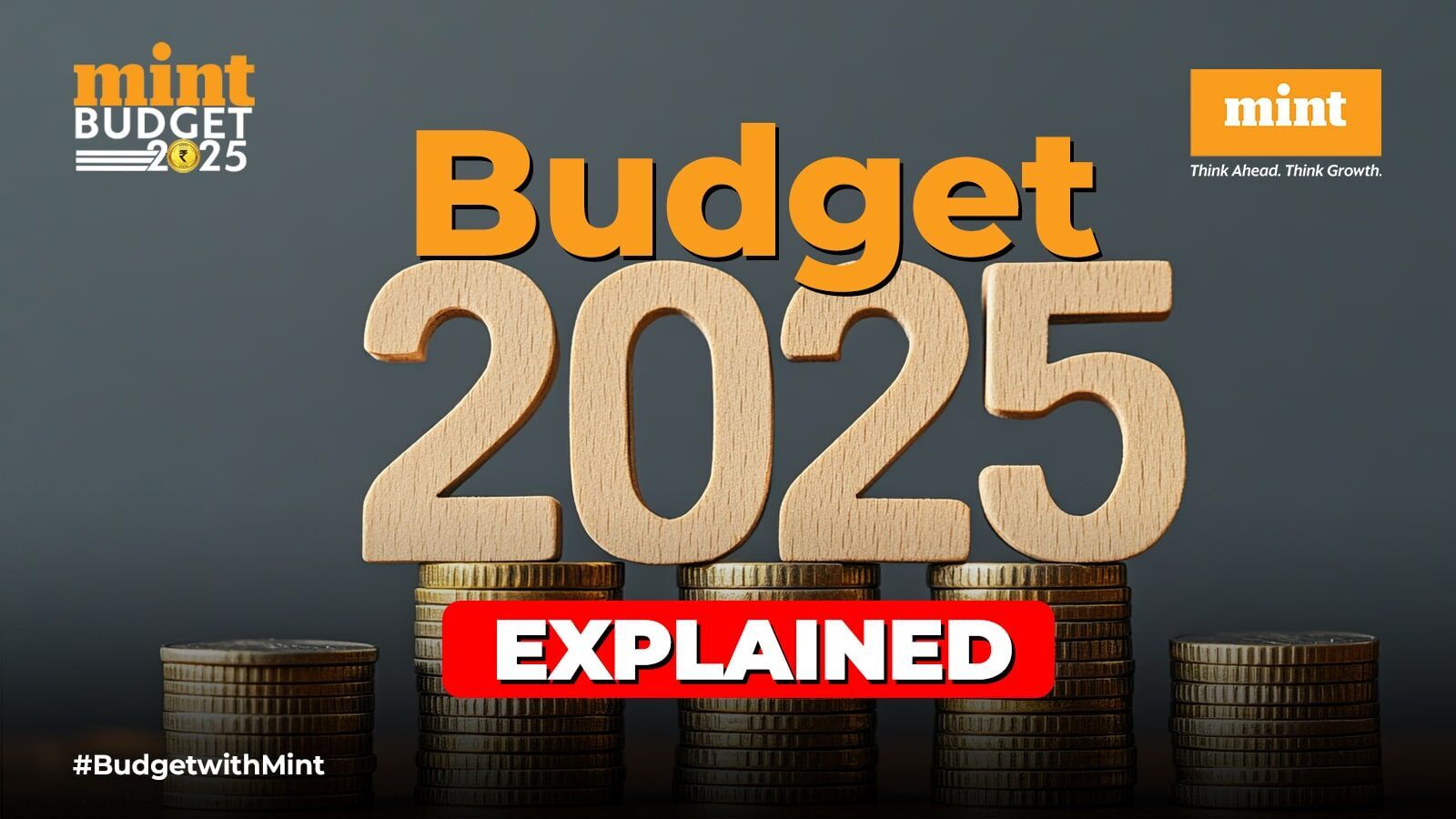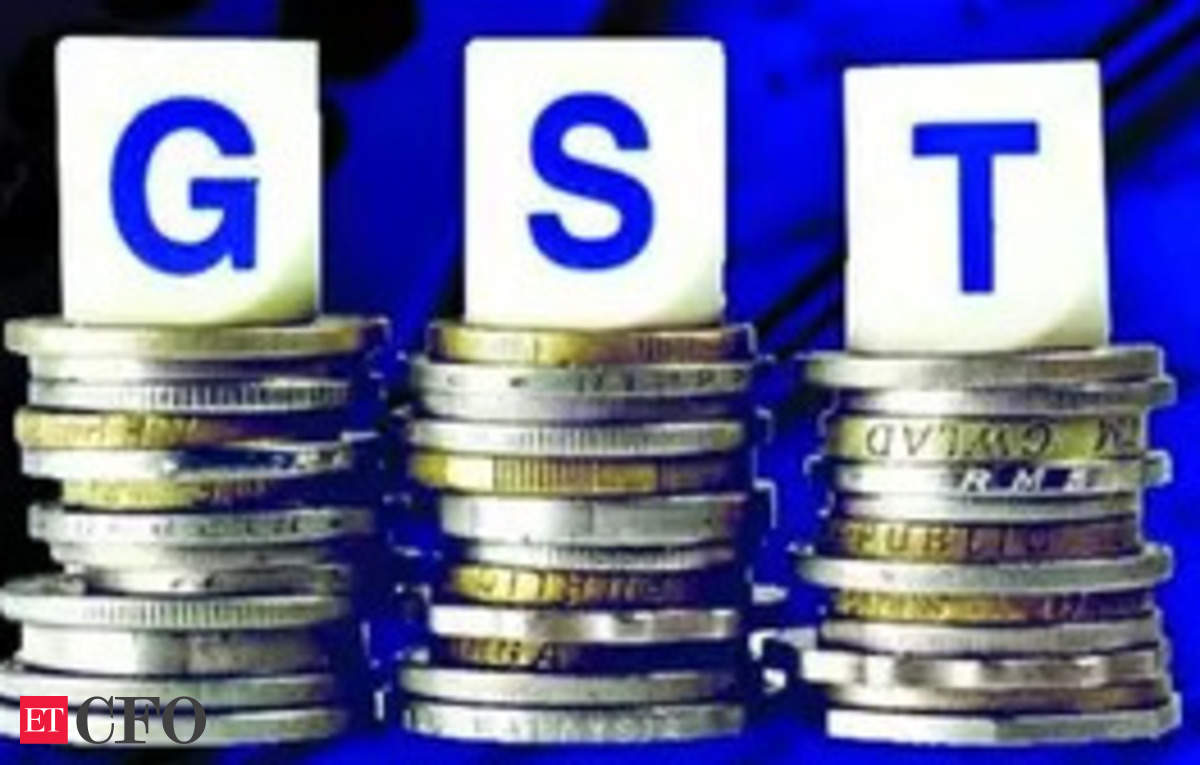Paying advance tax is a crucial part of managing your finances and staying compliant with tax regulations. For FY 2024-25, the first installment of advance tax is due on June 15. This article provides a comprehensive guide to help you understand advance tax, its applicability, calculation, payment methods, and the implications of non-compliance.
Index
- What is Advance Tax?
- Who Needs to Pay Advance Tax?
- Important Due Dates
- How to Calculate Advance Tax
- Payment Methods
- Consequences of Non-Payment
- Advance Tax for Different Taxpayers
- FAQs
What is Advance Tax?
Advance tax refers to the income tax payable if your total tax liability exceeds INR 10,000 in a financial year. Instead of paying the entire tax amount at the end of the year, you pay it in installments throughout the year. This system helps the government receive a steady flow of income and reduces the burden of lump-sum payment on taxpayers.
Who Needs to Pay Advance Tax?
As per section 208, Advance Tax is applicable to individuals (including salaried employees, freelancers, professionals, businesses, and corporate entities) whose tax liability for the financial year exceeds a Rs.10000.
The following conditions apply:
Individuals: If the total tax liability for the year (after considering TDS and other tax credits) is Rs. 10,000 or more, they are required to pay Advance Tax.
However, a resident senior citizen (i.e., an individual of the age of 60 years or above during the relevant financial year) not having any income from business or profession is not liable to pay advance tax.
Advance tax is applicable to various categories of taxpayers, including:
- Salaried Individuals: If your employer hasn’t deducted enough TDS
- Freelancers and Professionals: With substantial income from freelancing or professional services.
- Business Owners: Having profits subject to tax.
- Investors: Earning income from capital gains, interest, or rental income.
Below video is for your help in solving all your queries
Important Due Dates
Advance tax payments are made in four installments during the financial year.
- 1st Installment: 15% of the total tax liability by June 15
- 2nd Installment: 45% of the total tax liability by September 15
- 3rd Installment: 75% of the total tax liability by December 15
- 4th Installment: 100% of the total tax liability by March 15
How to Calculate Advance Tax
To calculate your advance tax, follow these steps:
- Estimate Total Income: Include all sources of income such as salary, business profits, capital gains, interest, and rental income.
- Deduct Allowable Expenses: Subtract deductions under Section 80C, 80D, etc.
- Calculate Tax Liability: Apply the applicable tax rates to your net taxable income.
- Subtract TDS: Deduct the tax already deducted at source (TDS).
- Compute Advance Tax: Calculate 15% of the remaining tax liability for the first installment.
Example:
- Estimated total income: INR 12,00,000
- Deductions under Section 80C: INR 1,50,000
- Net taxable income: INR 10,50,000
- Tax liability (assuming old regime rates):
- Up to 2,50,000: NIL
- 2,50,001 to 5,00,000: 5% = 12,500
- 5,00,001 to 10,00,000: 20% = 1,00,000
- Above 10,00,000: 30% of 50,000 = 15,000
- Total tax: 12,500 + 1,00,000 + 15,000 = INR 1,27,500
- Subtract TDS: INR 30,000
- Remaining tax: INR 97,500
- Advance tax (15%): 15% of 97,500 = INR 14,625
Payment Methods
You can pay advance tax using various methods:
- Online Payment:
- Visit www.incometax.gov.in, Click on E pay Tax
- Select “Advance Tax option” select FY carefully, like for FY 2024-25, AY is 2025-26
- Fill in the required details and make the payment via net banking, Wallet, RTGS, NEFT, Bank Counter, credit card or debit card etc.
- Offline Payment:
- Visit designated bank branches with system generated challan
- pay through cash, cheque, RTGS, NEFT or demand draft.
Consequences of Non-Payment
Non-payment or underpayment of advance tax attracts interest under Sections 234B and 234C of the Income Tax Act:
- Section 234B: Interest for default in payment of advance tax.
- Section 234C: Interest for deferment of advance tax.
Interest is calculated at 1% per month or part of the month on the shortfall.
Advance Tax for Different Taxpayers
- Salaried Individuals:
- Typically, advance tax is not required if sufficient TDS is deducted.
- Check your Form 26AS for TDS details.
- Freelancers and Professionals:
- Estimate income and pay advance tax based on projected income.
- Keep track of quarterly payments to avoid interest.
- Business Owners:
- Calculate profits quarterly and adjust advance tax payments.
- Consider seasonal variations in income.
- Investors:
- Include capital gains and interest income in advance tax calculations.
- Account for market fluctuations and adjust payments accordingly.
FAQs
Q1: What happens if I miss the first installment of advance tax?
- Interest will be charged under Section 234C for late payment.
Q2: Can I revise my advance tax payments?
- Yes, you can pay additional tax in subsequent installments to cover any shortfall.
Q3: How can I check if my advance tax payment is successful?
- Check your Form 26AS or the receipt generated after online payment.
Q4: Do senior citizens need to pay advance tax?
- Senior citizens not having business income are exempt from paying advance tax.
Q5: Can I claim a refund if I overpay advance tax?
- Yes, you can claim a refund while filing your income tax return.
Paying advance tax timely helps avoid penalties and ensures smooth financial management. For FY 2024-25, make sure to pay the first installment by June 15, 2024.
Visit www.cagurujiclasses.com for practical courses











